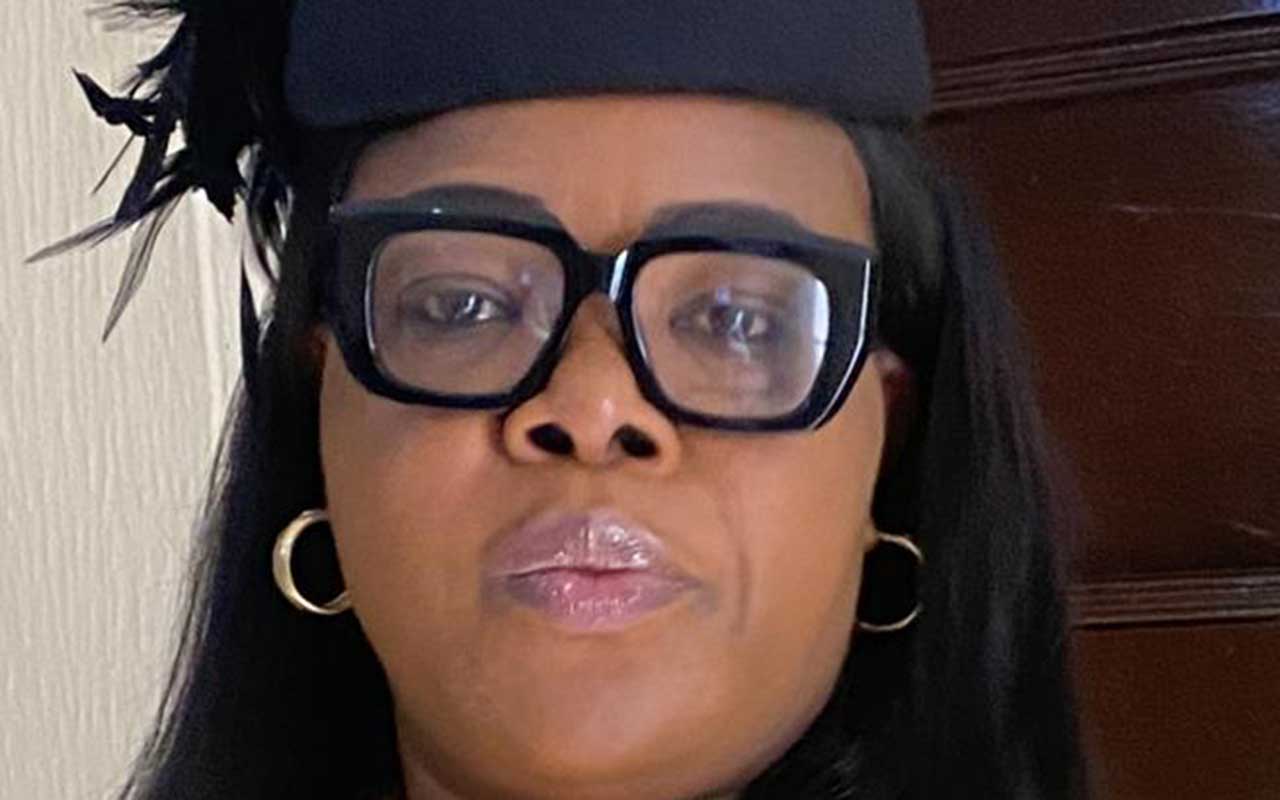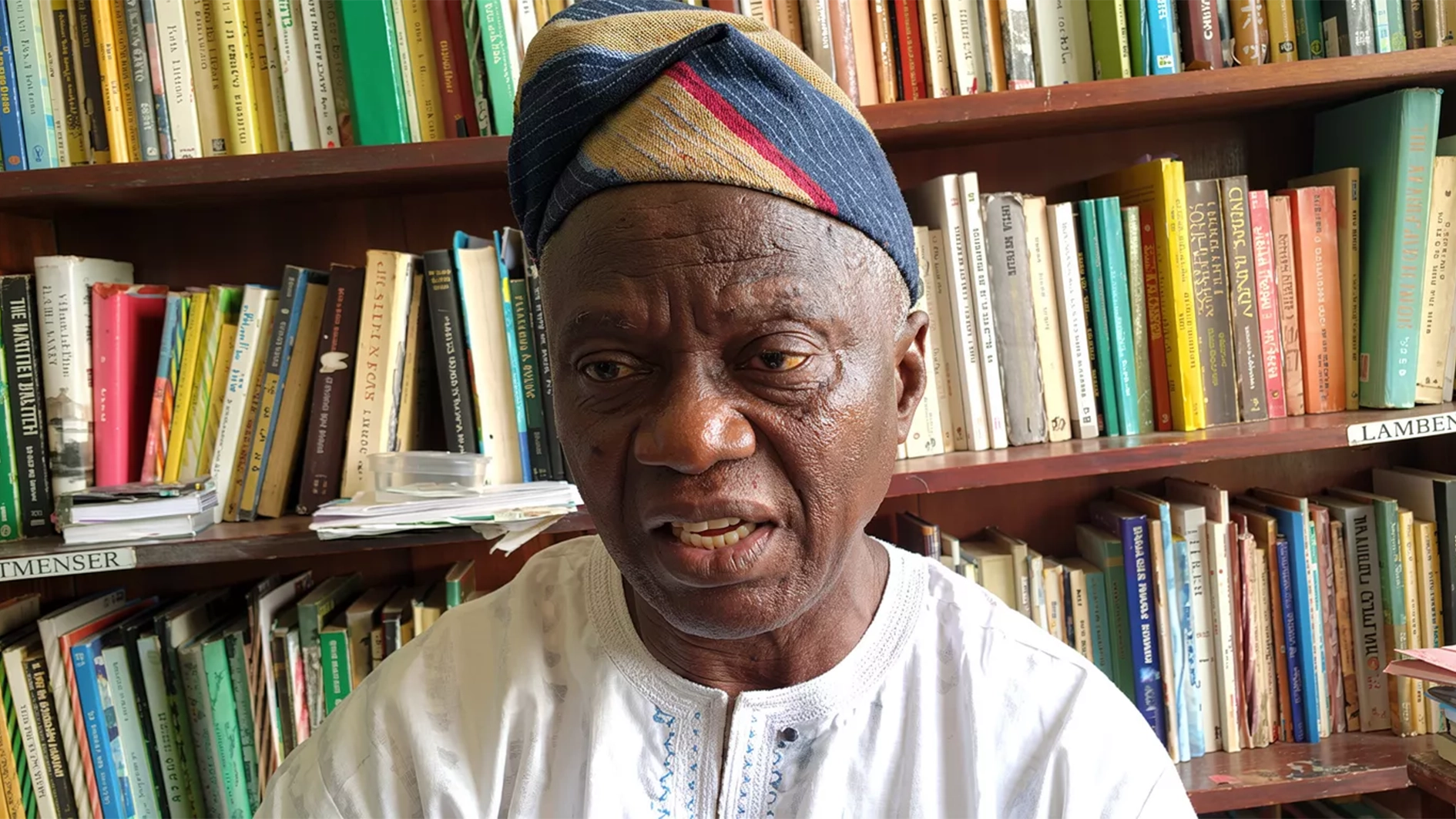 Dr. Njideka Phina Onyekwelu is a distinguished academic, accomplished researcher, and respected consultant in the field of business administration. With a career spanning decades and an array of impactful roles, she has shaped the future of countless students, organizations, and communities. In this exclusive interview, speaks on her inspiring journey, challenges, and enduring legacy.
Dr. Njideka Phina Onyekwelu is a distinguished academic, accomplished researcher, and respected consultant in the field of business administration. With a career spanning decades and an array of impactful roles, she has shaped the future of countless students, organizations, and communities. In this exclusive interview, speaks on her inspiring journey, challenges, and enduring legacy.
Who is Dr. Njideka Phina Onyekwelu, and what defines your career journey so far?
I am an academic, researcher, consultant, and community leader driven by a deep commitment to excellence in business administration, particularly in human resources, strategic management, and entrepreneurship development. My journey has been defined by perseverance, hard work, and a passion for empowering others. I have always believed in the transformative power of education and the ability to create impact through leadership and mentorship. Over the years, these values have guided my work in academia, consultancy, and community service.
Can you tell us about your educational background and how it prepared you for your career?
My academic journey is the foundation of everything I’ve achieved. I earned my PhD in Business Administration from Chukwuemeka Odumegwu Ojukwu University in 2019, preceded by an MSc and MBA in Business Administration from Anambra State University and Imo State University. I also obtained a Professional Diploma in Education, which prepared me to effectively engage with students and develop impactful curricula. Each academic milestone not only deepened my understanding of business principles but also strengthened my ability to address complex challenges in leadership, organizational management, and entrepreneurship.
What inspired you to pursue a career in academia?
The joy of imparting knowledge and shaping minds has always been a driving force for me. Academia offers a unique platform to inspire young people, influence industries through research, and contribute to societal progress. I was inspired by my mentors, who instilled in me the value of intellectual curiosity and critical thinking. Teaching allows me to play a similar role in my students’ lives, equipping them with the skills and confidence they need to thrive.
How has your role as a lecturer at Nnamdi Azikiwe University influenced your career?
Being a lecturer has been one of the most fulfilling experiences of my life. At Nnamdi Azikiwe University, I teach courses like Human Resources Management and Strategic Management, which are critical to shaping the next generation of leaders. Beyond teaching, I engage in mentorship, guiding students through both academic and personal challenges. Watching my students grow into confident professionals and change-makers is deeply rewarding. This role has also broadened my perspective, allowing me to integrate practical experiences from consultancy and research into my teaching.
You have an extensive portfolio of research. What drives your scholarly pursuits?
My research is driven by a desire to solve real-world problems and contribute to meaningful change. I focus on areas like organizational culture, employee performance, and innovation, all of which have practical implications for businesses and communities. Research is also a way for me to give back to the academic community by advancing knowledge and inspiring future studies. The dynamic nature of business and management keeps me motivated to explore new ideas and provide actionable insights.
Can you share some of your most significant research contributions?
Between 2017 and 2024, I published extensively on topics such as workplace productivity, organizational resilience, and strategic innovation. One of my most notable works, “Social Media: A Requisite for Attainment of Business Sustainability,” examines the transformative role of technology in modern business. Another impactful study, “Strategic Thinking and Competitive Advantage of Small and Medium Scale Enterprises in South East Nigeria,” offers practical strategies for fostering innovation and adaptability in SMEs. These works have been widely cited and continue to influence both academic discourse and industry practices.
What has been your experience transitioning from healthcare administration to academia and consultancy?
My experience managing All Hallows Hospital and Maternity was transformative. During my tenure as Chief Hospital Manager, I oversaw strategic planning, staff management, and quality assurance, skills that I now bring to my academic and consultancy roles. Transitioning into academia allowed me to leverage these experiences to provide students with practical insights, while consultancy has given me the opportunity to work with diverse organizations, helping them solve complex challenges. Each role has enriched the other, creating a synergy that enhances my overall impact.
How do you balance your roles as a lecturer, consultant, and community leader?
Balancing these roles requires discipline, time management, and a clear sense of purpose. I prioritize activities based on their impact, ensuring that my work aligns with my overarching mission to empower others and drive societal progress. My academic responsibilities come first, as teaching and mentoring are core to my identity. Consultancy allows me to apply my expertise in a practical context, while community leadership enables me to give back and address social challenges. Staying organized and maintaining a supportive network have been key to managing these commitments.
Can you elaborate on your consultancy work?
As a consultant, I focus on providing tailored solutions to organizations in areas like leadership development, strategic planning, and operational efficiency. I work closely with clients to understand their unique challenges and develop actionable strategies. My consultancy bridges the gap between academic theory and practical application, helping organizations improve performance and achieve sustainable growth. Whether it’s conducting market research, facilitating workshops, or advising executives, my goal is to create lasting value.
What are some challenges you’ve faced in your career, and how did you overcome them?
One of the most profound challenges I’ve faced has been balancing my professional responsibilities with personal loss. I became a widow in 2022, which was an incredibly difficult period. Navigating this grief while maintaining my roles as a lecturer, researcher, consultant, and mother required immense strength and resilience. I leaned on my faith, support from family and friends, and my deep commitment to my students and work to persevere.
Professionally, managing multiple roles has always been demanding, requiring me to constantly juggle priorities. However, I’ve learned to adapt by staying organized, delegating tasks when necessary, and focusing on what truly matters. Every challenge has taught me valuable lessons in resilience, adaptability, and the importance of a strong support system. These experiences have not only shaped me as a person but also made me more empathetic and effective as a leader and mentor.
How do you approach mentoring students and young professionals?
Mentoring is one of the most rewarding aspects of my career. I take a personalized approach, understanding each mentee’s strengths, aspirations, and challenges. My goal is to guide them through their academic and professional journeys, offering support, advice, and resources. I encourage critical thinking, resilience, and a growth mindset, helping them see challenges as opportunities for learning and growth.
Your work often emphasizes innovation and adaptability. Why are these qualities important in business?
Innovation and adaptability are critical in today’s fast-paced, competitive environment. Businesses must continuously evolve to meet changing demands, embrace new technologies, and respond to disruptions. These qualities not only ensure sustainability but also create opportunities for growth and differentiation. In my research and consultancy, I emphasize strategies that foster innovation and resilience, enabling organizations to thrive in uncertainty.
How have your affiliations with professional bodies like the Nigerian Institute of Management impacted your career?
Being a member of prestigious organizations like the Nigerian Institute of Management and the African Institute of Strategic Managers has been invaluable. These affiliations provide access to professional networks, industry insights, and opportunities for continuous learning. They also reinforce my commitment to maintaining high ethical standards and staying at the forefront of developments in business administration.
What role does community service play in your career?
Community service is a core part of my philosophy. I believe in using my skills and resources to uplift others and address societal challenges. Whether through my work as President of the Association of Medical Doctors’ Wives or my involvement in professional committees, I strive to make a positive impact. Community service not only fulfills me personally but also aligns with my belief that true leadership is about serving others.
How has your academic work influenced industries outside of academia?
My research provides actionable insights that help organizations improve productivity, foster innovation, and enhance employee satisfaction. Consultancy projects often incorporate these findings, allowing businesses to implement evidence-based strategies. This connection between academia and industry ensures that my work remains relevant and impactful.
What do you see as the biggest challenges facing business administration today?
Challenges such as technological disruption, global competition, and workforce diversity require businesses to rethink traditional strategies. Organizations must embrace innovation, prioritize sustainability, and adopt inclusive practices to remain competitive. Navigating these complexities demands visionary leadership and a willingness to adapt.
What advice would you give to young academics and professionals in business administration?
My advice is to stay curious, embrace continuous learning, and focus on creating value. Seek mentorship, build a strong network, and remain resilient in the face of challenges. Success in business administration requires not only knowledge but also the ability to innovate and lead with integrity.
What are some goals you hope to achieve in the coming years?
I aim to expand my research on entrepreneurship and organizational performance, publish more extensively, and contribute to policies that promote sustainable business practices. I also hope to mentor more students and young professionals, inspiring the next generation of leaders.
How do you measure success in your work?
For me, success is about impact—whether it’s seeing my students excel, helping organizations achieve their goals, or contributing to societal progress through research and service. It’s about knowing that my work has made a meaningful difference.
What legacy do you hope to leave behind?
I hope to be remembered as someone who inspired change, fostered innovation, and made a lasting impact on academia, business, and society. My legacy is rooted in empowering others to achieve their best and in creating a ripple effect of positive change.






